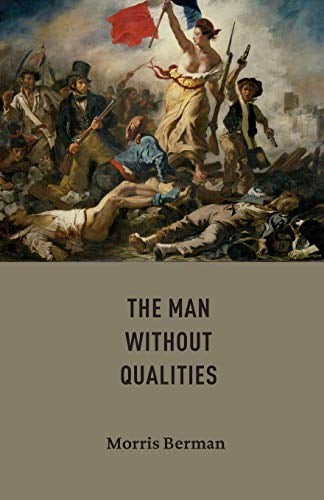

So at the start of this novel, before the birth of the hero, Gogol’s mother, Ashima, “wonders if she is the only Indian person in the hospital, but a gentle twitch from the baby reminds her that she is, technically speaking, not alone.” The same charm against loneliness is shared in some fashion by Gogol’s father, Ashoke. It may come as a prompting from habit or fetish, or from bodily necessity. The people in Lahiri’s fiction–the stories in Interpreter of Maladies as well as this novel–often find an obscure comfort amid their larger dislocations. His name and nationality, the job he works at, where he has lived, the people he has known–these data exhaust his case but they do not explain him. And yet, by the end of The Namesake, we have come to know Gogol Ganguli as well as we know most people. The backgrounds of her characters are apt to emerge in a turn of speech, or a memory that does not admit itself to be a memory. Lahiri is an intuitive writer, very sparing in her use of the external shorthand of street names, family trees, the evidence of taste or pedigree. They tell you everything except what you need to know. Clothes and all the things that clothes may stand for–custom, habit, culture–are not enough to make a man.


The great Russian story, a fantastic proof of the adage that “clothes make the man,” has inspired Jhumpa Lahiri to draw a delicate moral. But what was he to do? Gogol’s father believes that he owes his life to Nikolai Gogol, the author of “The Overcoat,” the book in his hand when he was rescued from a train wreck. Odd names are hard on a child, and Gogol, at a hint from his parents, changes his first name to Nikhil: a doubtful improvement. The hero of The Namesake is an American of Bengali parentage named Gogol Ganguli.


 0 kommentar(er)
0 kommentar(er)
